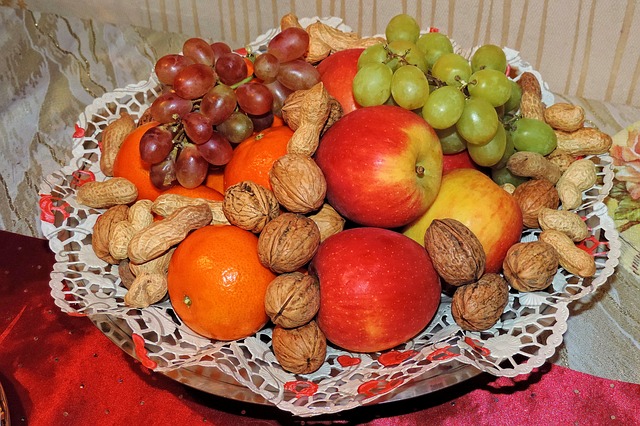I have been discussing feelings and emotions – recognising your feelings and naming those feelings. But what If I fall asleep during meditating on my feelings? That happened to me the other day when I was doing a mindful breathing meditation for five minutes.
The natural tendency is to “beat up” on yourself. It was only five minutes, why couldn’t I stay awake for that short time? I must be doing it wrong. How can I ever sustain the effort for 20 or 40 minutes? I’ll never be able to master this meditation process!
Being non-judgmental about sleepiness during meditation
Jack Kornfield suggests that it is important to be non-judgmental – doing so, is not only counter-productive but may feed your natural tendency to judge yourself negatively. He suggests that you can get in touch with the feeling of sleepiness and treat yourself with kindness.
Sometimes, we feel sleepy because of the strain of dealing with negative feelings – of allowing them to come to the surface. The body may feel overwhelmed by the strength of the emotion and decide it is too difficult to handle. Alternatively, your body may take this opportunity to catch some rest if you have been living a very fast-paced life.
Meditation involves relaxation – relaxing into our breath and freeing our body from points of tension. So, it is only natural that this will open us up to the challenge of falling asleep during meditation. However, if it happens in the early stages or only occasionally, it is nothing to worry about.
If falling asleep does occur in the early stages of your learning to meditate, accept that this is part of the learning process. Your body and mind have to adjust to the new pace and focus (the present)- and this takes time. It will help you to build your patience to persist without judging yourself – a patience that will increase your capacity for self-management.
If sleepiness during meditation persists for months, you may need to take a serious look at your lifestyle – it may indicate that you are constantly consuming your emergency energy supply (drawing on a second breath all the time or persisting through sheer will power).
Some helpful hints for overcoming sleepiness during meditation
Mindspace.com has some very good suggestions to manage your sleepiness if it occurs frequently during meditation. These suggestions relate mainly to considering your environment, your timing and your posture during meditation.
It is important that your environment is conducive to meditation. Having a flow of fresh air by opening a window may help – this is similar to the recommendation to open the windows of a car if you are feeling drowsy as the fresh air may help to keep you awake as it blows on you. Location is important too – so avoid meditating on or in your bed. Besides inducing sleep because this is where you go to sleep each day, it potentially develops the habit of wakefulness when in bed – which is the last thing you want!
Timing for your meditation is important. I have suggested having a set time each day to meditate to build the habit of meditating. However, if this timing coincides with when your are typically very tired, then you will have great difficulty overcoming sleepiness during meditation. If you are a “morning person” (who wakes up early and declines in energy as the day progresses) perhaps a morning meditation session is best; if you are “night person” (slow to wake up and gains energy as the day progresses) then maybe a night meditation session is best. You need to find what best suits your own body clock.
Your posture can affect your meditation and your capacity to stay awake. It is suggested that you sit upright rather than lying down during meditation. Some even suggest placing a pillow behind your back to maintain this upright position. If you are a yoga practitioner, then a sitting yoga position may be conducive to effective meditation.
Other hints to avoid sleepiness during meditation relate to food and drink. Meditating immediately after a meal can induce sleep because your body tends to be drowsy as it digests the food. Coffee, on the other hand, can act as a stimulant and can create dependence as well as reinforcement of the linkage between the stimulant and the act of meditating. Meditation is a natural process and involves becoming attuned to your body, so using stimulants, such as coffee, can work against the goals of meditation – hence it is good to leave the coffee to after meditation.
I will leave the final word to Andy Puddicombe who has some summary advice in his video on Why do I keep falling asleep?
As you grow in mindfulness, you will progressively overcome sleepiness during meditation because your body and mind will gradually adjust to the unfamiliar activity. You will not overcome sleepiness during meditation entirely – there will still be times when you are very tired and fall asleep while meditating. However, if you treat yourself non-judgmentally and gently, you will overcome these minor setbacks to your progress in mindfulness.
By Ron Passfield – Copyright (Creative Commons license, Attribution–Non Commercial–No Derivatives)
Image source: courtesy of JessicaJohnson on Pixabay
Disclosure: If you purchase a product through this site, I may earn a commission which will help to pay for the site, the associated Meetup group and the resources to support the blog.


